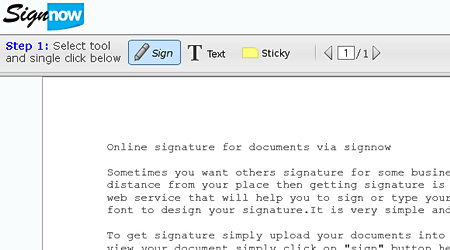Openssl Generate An Rsa Key From The Command Line
Symmetic encryption
- Openssl Command To Generate Rsa Private Key
- Openssl Generate An Rsa Key From The Command Line Free
- Openssl Command To Generate Rsa Key Pair
- Rsa Key Generation
- Openssl Generate An Rsa Key From The Command Line Download
- Dsa Key
For symmetic encryption, you can use the following:
To encrypt:
To then obtain the matching public key, you need to use openssl rsa, supplying the same passphrase with the -passin parameter as was used to encrypt the private key: openssl rsa -passin file:passphrase.txt -pubout (This expects the encrypted private key on standard input - you can instead read it from a file using -in ). Command Line Utilities. The openssl program provides a rich variety of commands, each of which often has a wealth of options and arguments. Many commands use an external configuration file for some or all of their arguments and have a -config option to specify that file. Reasons for importing keys include wanting to make a backup of a private key (generated keys are non-exportable, for security reasons), or if the private key is provided by an external source. This document will guide you through using the OpenSSL command line tool to generate a key pair which you can then import into a YubiKey. Oct 16, 2019 Ultimate solution for safe and high secured encode anyone file in OpenSSL and command-line: Private key generation (encrypted private key): openssl genrsa -aes256 -out private.pem 8912 openssl rsa -in private.pem -pubout -out public.pem.
Use the following command to generate your private key using the RSA algorithm: $ openssl genrsa -aes256 -passout pass:foobar -out private.key 2048 - Use the following command to extract your public key: $ openssl rsa -in private.key -passin pass:foobar -pubout -out public.key - Use the following command to sign the file: $ openssl dgst. That generates a 2048-bit RSA key pair, encrypts them with a password you provide and writes them to a file. You need to next extract the public key file. You will use this, for instance, on your web server to encrypt content so that it can only be read with the private key. Export the RSA Public Key to a File. This is a command that is. Openssl rsa -in private.pem -outform PEM.
To decrypt:
Asymmetric encryption
For Asymmetric encryption you must first generate your private key and extract the public key.
To encrypt:
To decrypt:
Encripting files
You can't directly encrypt a large file using rsautl. Instead, do the following:
- Generate a key using
openssl rand, e.g.openssl rand 32 -out keyfile. - Encrypt the key file using
openssl rsautl. - Encrypt the data using
openssl enc, using the generated key from step 1. - Package the encrypted key file with the encrypted data. The recipient will need to decrypt the key with their private key, then decrypt the data with the resulting key.
Ultimate solution for safe and high secured encode anyone file in OpenSSL and command-line:
Private key generation (encrypted private key):
With unecrypted private key:
With encrypted private key:
Openssl Command To Generate Rsa Private Key
With existing encrypted (unecrypted) private key:
Encrypt a file
Encrypt binary file:
Encrypt text file:
What is what:
smime— ssl command for S/MIME utility (smime(1)).-encrypt— chosen method for file process.-binary— use safe file process. Normally the input message is converted to 'canonical' format as required by the S/MIME specification, this switch disable it. It is necessary for all binary files (like a images, sounds, ZIP archives).-aes-256-cbc— chosen cipher AES in 256 bit for encryption (strong). If not specified 40 bit RC2 is used (very weak). (Supported ciphers).-in plainfile.zip— input file name.-out encrypted.zip.enc— output file name.-outform DER— encode output file as binary. If is not specified, file is encoded by base64 and file size will be increased by 30%.yourSslCertificate.pem— file name of your certificate's. That should be in PEM format.
That command can very effectively a strongly encrypt any file regardless of its size or format.
Decrypt a file
Openssl Generate An Rsa Key From The Command Line Free
Decrypt binary file:

For text files:
Openssl Command To Generate Rsa Key Pair

What is what:
-inform DER— same as-outformabove.-inkey private.key— file name of your private key. That should be in PEM format and can be encrypted by password.-passin pass:your_password— (optional) your password for private key encrypt.
Rsa Key Generation
Verification
Creating a signed digest of a file:
Openssl Generate An Rsa Key From The Command Line Download
Verify a signed digest: